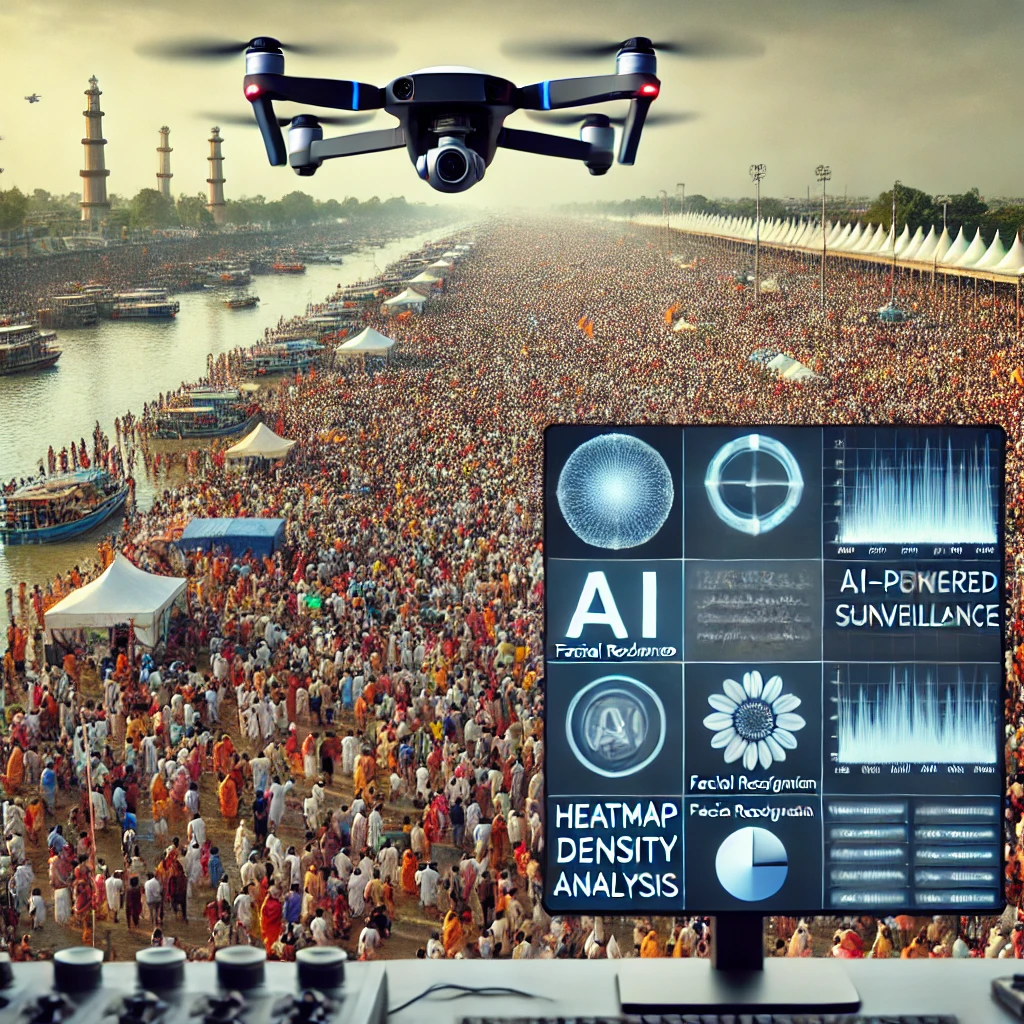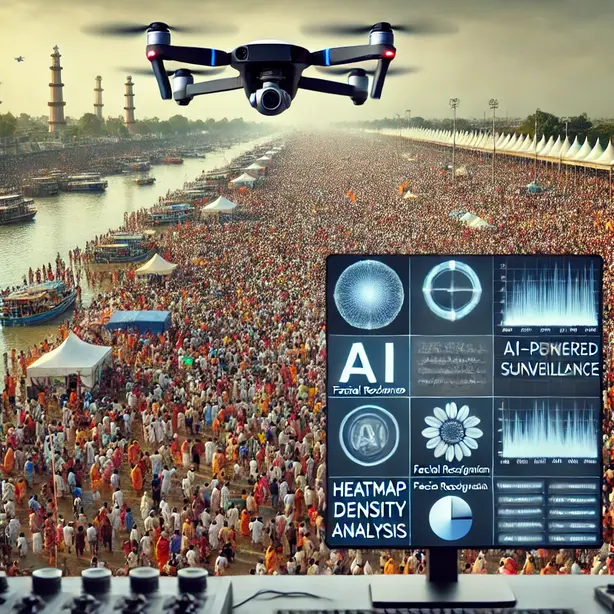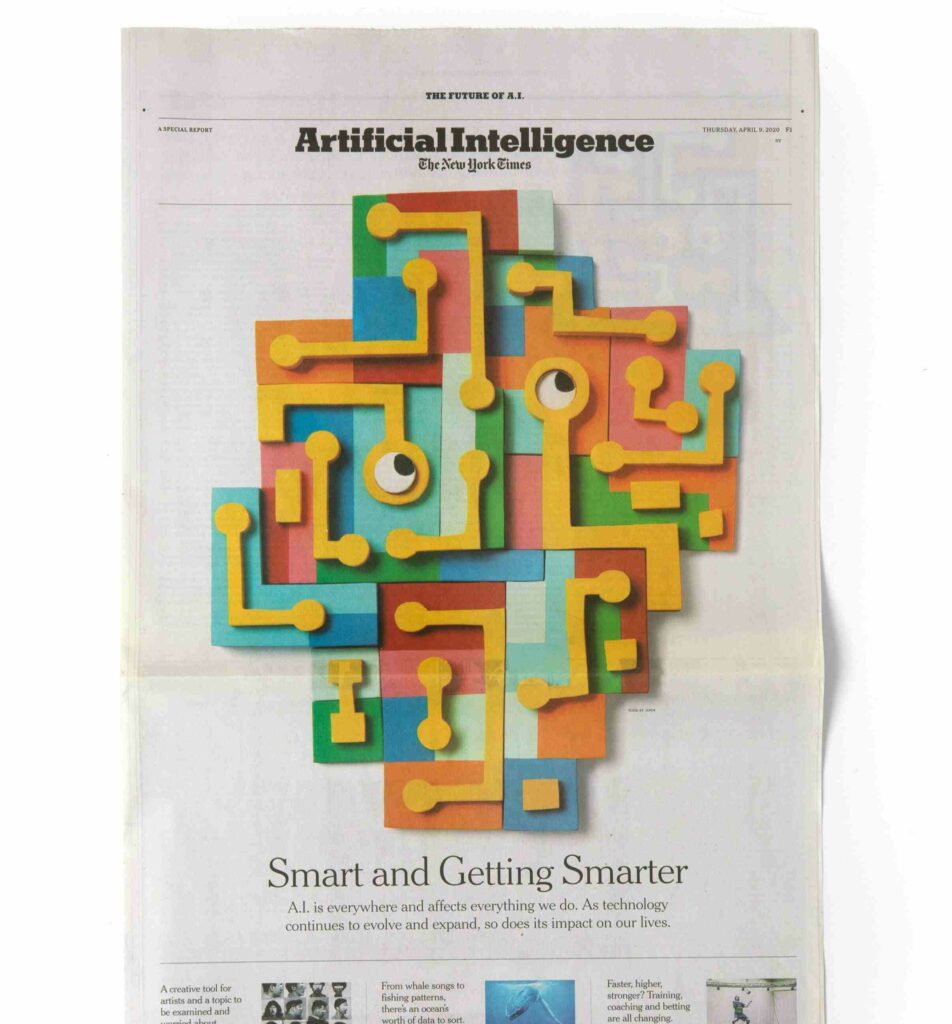The AI-Led Transformation of the Workforce
Organizations across various industries are increasingly investing in AI-powered automation, reducing dependency on manual labor-intensive tasks. This has led to a greater emphasis on reskilling and upskilling the current workforce rather than hiring new employees. According to industry experts, AI upskilling programs will create a highly skilled workforce, capable of working alongside intelligent automation.
Key Trends Shaping AI’s Impact on Employment:
- Upskilling Over Hiring: Many companies are choosing to train their existing workforce in AI technologies rather than increasing headcount.
- Job Evolution Instead of Replacement: While AI is automating repetitive jobs, it is also creating new roles requiring specialized AI skills.
- AI-Powered Training Modules: Companies are investing in AI-driven learning platforms to enhance employee skills.
- Declining Entry-Level Jobs: Some low-skilled roles may become redundant, leading to a drop in new hiring needs.
AI’s Role in Enhancing Job Quality
AI is not just about automation—it is also about improving job efficiency and effectiveness. Many organizations are witnessing:
✅ Higher productivity as AI tools assist employees in complex decision-making.
✅ Reduction in mundane tasks, allowing workers to focus on higher-value contributions.
✅ New AI-driven job roles, such as AI trainers, prompt engineers, and AI ethicists.
Industries Most Affected:
📌 IT & Software Development – AI coding assistants reduce repetitive programming tasks.
📌 Customer Service – AI chatbots handle basic queries, shifting humans to higher-level customer support.
📌 Healthcare – AI-driven diagnostics enhance doctors’ efficiency, creating demand for AI-integrated medical expertise.
📌 Manufacturing – AI-powered automation minimizes human intervention in routine assembly tasks.
Sources-
https://www.wtae.com/article/ai-job-market-downsizing-reskill-upskill/63375519








